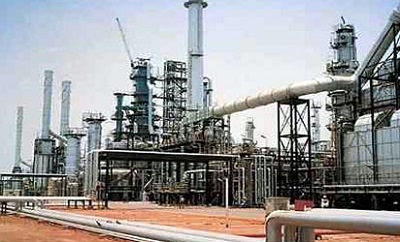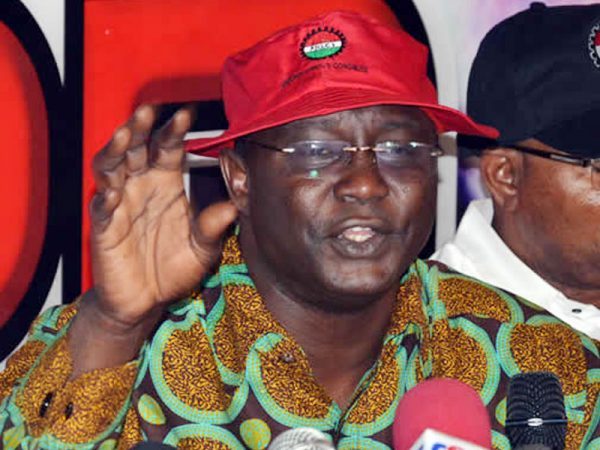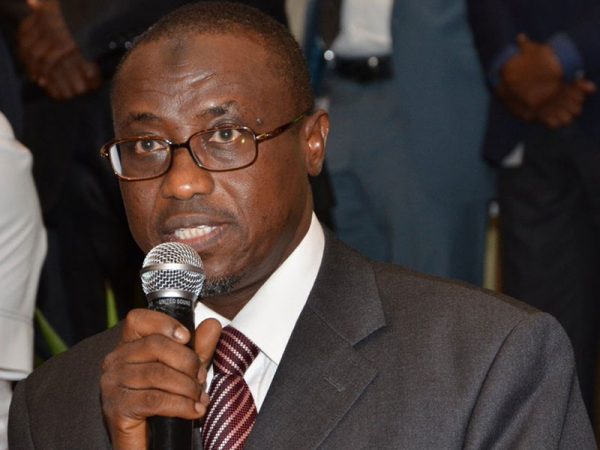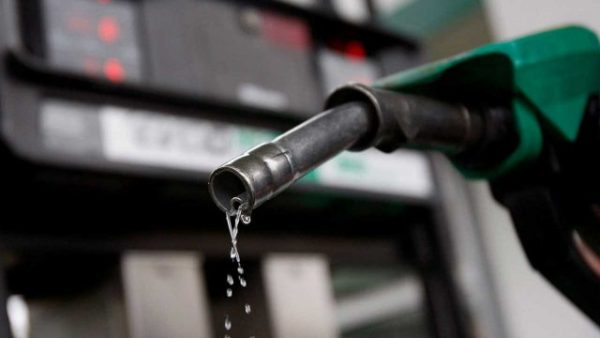Afren gets $300Million Lifeline
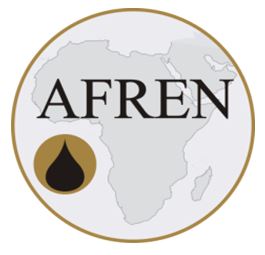
Battered and bruised Afren Plc is in fighting form after announcing an agreement in principle for a $300 million funding to address its short and longer-term funding needs and recapitalise its capital structure. London Stock Exchange listed Afren, which has seen its shares crash following the scandal last year over unauthorized payments to its CEO and COO, began to look at restructuring its debts and loans, following the failure of takeover talks by dually listed (London and Nigeria) Seplat.
Afren has revealed that an agreement has been entered into by the company together with certain note holders under its 2016 Notes, 2019 Notes and 2020 Notes and a majority of the lenders under its existing US$300 million Ebok credit facility, regarding the key terms of a proposed interim funding and recapitalisation of the Group. The net total funding of $300 million is expected to be in place before the end of June 2015.
The net effect of the funding deal with bondholders is a heavy dilution for current shareholders leaving the ownership of the business effectively with the bondholders. Equity investors will be left with only 11 per cent of the company if it receives the 75 per cent of votes it needs at the EGM in May. There is likely to be little resistance from shareholders over this proposal as there are no other options on the table.
Analysts say that whilst this gives the management breathing space, the company is not yet out of the woods, with $900 million in principal and interest repayments due in 2019.
The restructuring deal became much more urgent in February, after Afren’s board confirmed that talks with dually listed (London and Nigeria) Seplat were at an end following an offer with indicated value significantly below the aggregate value of the debt of the company. They said the terms were unworkable. Seplat meanwhile went on to complete the acquisition of Chevron’s divested 40 per cent interest in oil mining lease OML 55, which has been under litigation by Britannia-U. They have also completed the acquisition of a 22.5 per cent working interest in OML 53 (similarly under the same litigation), which went to Belema Oil in the same Chevron auction.
The interest from Seplat had occupied the company’s attention since December and as the success of the takeover began to look increasingly in doubt, Afren started to look more urgently at restructuring and said it was continuing discussions with the advisers to the ad hoc committee of its largest bond holders regarding the immediate liquidity and funding needs of the business.
Before this new lifeline, the Board of the company had decided to go into default after a 30-day grace period on the $15 million interest payment due on 1 February under its 2016 Notes in order to preserve its cash position. Fortunately, the default did not result in an immediate obligation to repay the 2016 Notes or any cross-default under its 2019 Notes or 2020 Notes or its other debt facilities.
Now the company has been handed a $300 million lifeline, though at a high price for shareholders, that will ensure the interim funding, after receiving assurances from the ad hoc committee (which members hold in aggregate approximately 55% of the principal face amount of the 2016 Notes and 44% of the total principal face amount of the 2016 Notes, 2019 Notes and 2020 Notes) that they had no current intention to take enforcement action with respect to the 2016 Notes default. The key stakeholders were hoping that they could agree on the terms of a consensual restructuring that would preserve the company and its business as a going concern for the benefit of all stakeholders.
The Africa focused company’s 2014 full year results are scheduled for release by the end of March 2015 but it has indicated that, like most exploration and production companies, that it will reduce capital expenditure, in its own case to $500 million. Most of that budget will be spent on Nigeria. The company said it had only narrowly missed its production targets last year and is targeting 29,000 to 36,000 barrels per day in 2015.
Following the sacking of its CEO last year, Afren says it is now close to appointing a new permanent CEO to replace the interim CEO. The new CEO will have his/her work cut out as the company struggles with its debt in the face of low oil prices and budget cuts he/she will inherit.




